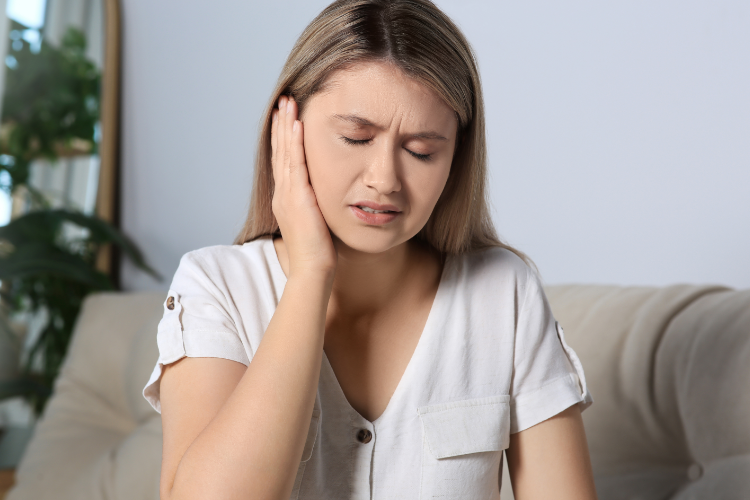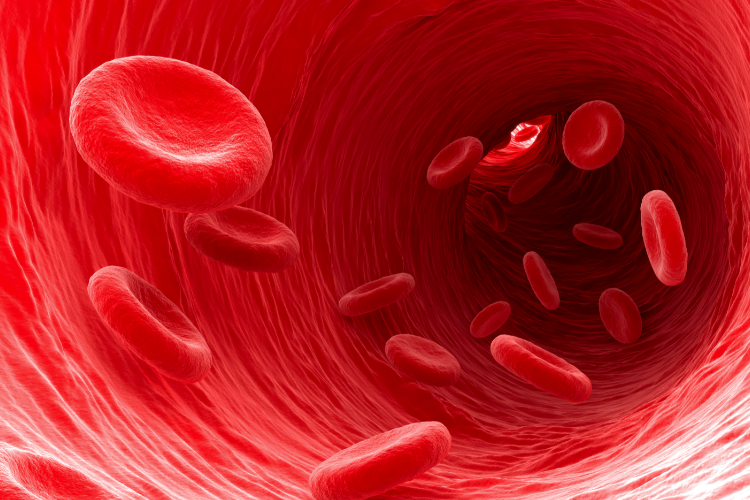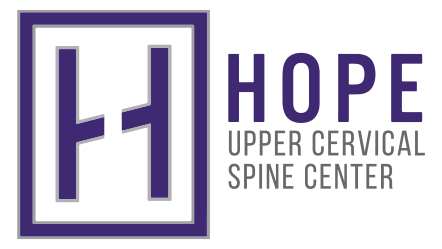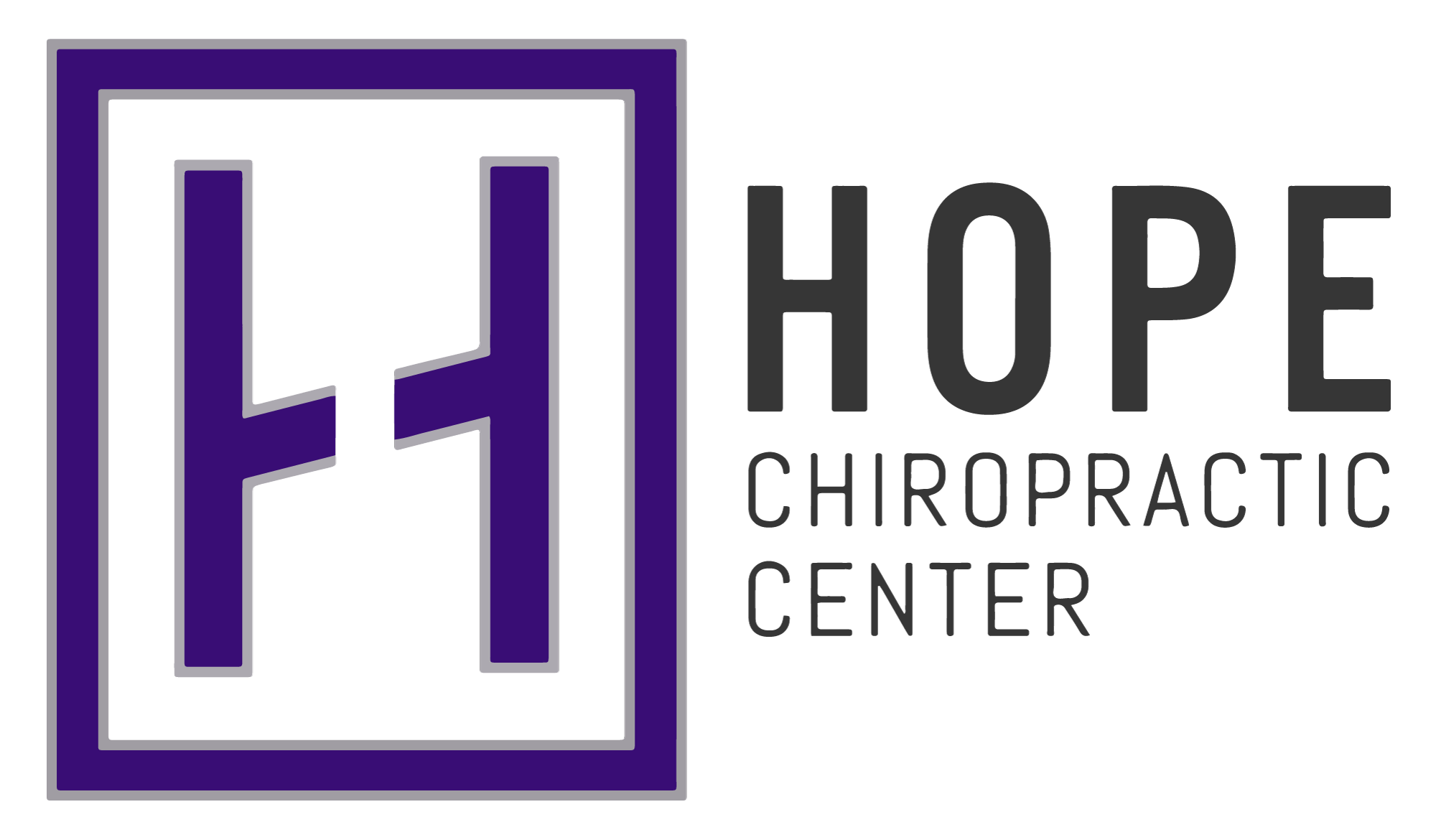
For those living with Meniere’s disease, every day can feel like a gamble. Sudden episodes of spinning vertigo, hearing loss, pressure in the ear, and persistent ringing (tinnitus) can turn the simplest tasks into anxiety-inducing challenges.
Whether you’re trying to drive, hold a conversation, or simply enjoy a meal out, Meniere’s symptoms can interrupt your rhythm and steal your peace of mind.
But amidst the unpredictability, one approach is gaining traction for its potential to provide balance—literally and figuratively: Upper cervical chiropractic care.
At Hope Chiropractic in Southlake, Texas, Dr. Joey Kramer works with individuals from Southlake, Grapevine, Colleyville, Westlake, and Trophy Club to address the structural and neurological imbalances that may contribute to the symptoms of Meniere’s disease.
Let’s explore how this natural approach may help you reclaim consistency and confidence in your daily life.
What Is Meniere’s Disease?
Meniere’s disease is a chronic inner ear disorder that disrupts balance and hearing. It typically affects one ear and presents with symptoms like:
- Intense, sudden vertigo attacks
- Tinnitus (ringing or buzzing sounds)
- A feeling of fullness or pressure in the ear
- Fluctuating hearing loss
These episodes can last minutes to hours and often come without warning. Over time, hearing loss can become permanent, and the condition may significantly impact quality of life, work performance, and mental health.
The exact cause of Meniere’s remains unclear, but theories point to fluid buildup in the inner ear, autoimmune responses, or abnormal nerve signaling between the ear and brain.
Living with Meniere’s: Everyday Challenges
The impact of Meniere’s extends far beyond the symptoms themselves. People often deal with:
- Social anxiety: Avoiding crowds or travel due to fear of vertigo attacks
- Work limitations: Difficulty concentrating or using screens for long periods
- Driving restrictions: Feeling unsafe behind the wheel during or after episodes
- Emotional strain: Stress, depression, and isolation from unpredictable symptoms
- Exhaustion: Mental and physical fatigue from managing the condition day-to-day
While medications may help manage individual symptoms, they often come with side effects and don’t address the root cause. This is where upper cervical chiropractic care steps in.
What Does the Upper Cervical Spine Have to Do with It?

The upper cervical spine—specifically the C1 (atlas) and C2 (axis) vertebrae—sits just beneath the base of the skull. This area houses and protects the brainstem, which plays a key role in balance, coordination, and nervous system communication.
When these vertebrae are even slightly misaligned due to injury, posture, or chronic tension, it can:
- Disrupt blood flow and drainage to and from the inner ear
- Interfere with vestibular nerve signaling (critical for balance)
- Trigger imbalances in cerebrospinal fluid pressure
- Lead to miscommunication between the brain and the body
This neurological “traffic jam” may exacerbate or even initiate symptoms like dizziness, tinnitus, and sensory overwhelm—hallmarks of Meniere’s disease.
How Upper Cervical Chiropractic May Help
Upper cervical chiropractic is not about cracking or aggressive adjustments. At Hope Chiropractic, Dr. Kramer uses detailed imaging and neurological assessments to determine precise misalignments.
If one is found, a gentle and targeted correction is applied to restore balance to the nervous system. Over time, this can allow the body to regulate pressure, nerve signals, and fluid balance more effectively.
Benefits reported by patients with Meniere’s disease include:
- Fewer or less severe vertigo episodes
- Reduction in tinnitus and ear pressure
- Improved balance and coordination
- Greater sense of clarity and calm
- Restored confidence in social and physical activities
While upper cervical care is not a cure, it supports the body’s natural capacity to heal and regulate itself more efficiently.
Who Might Benefit?
Consider an upper cervical evaluation if you:
- Have a confirmed or suspected diagnosis of Meniere’s disease
- Experience recurring vertigo, ear fullness, or tinnitus
- Have a history of neck injury, whiplash, or poor posture
- Notice symptoms worsen with stress or after physical strain
- Want a drug-free approach that focuses on long-term wellness
Many of Dr. Kramer’s patients arrive after trying conventional therapies without full relief—and find hope in this precise, gentle method.
Take a Step Toward Stability
If Meniere’s disease is affecting your ability to work, enjoy relationships, or feel secure in your own body, don’t settle for simply managing symptoms. Address the neurological foundation of balance and function with a fresh approach.
At Hope Chiropractic in Southlake, we’re committed to helping you navigate your health journey with compassion, science, and strategy. We proudly welcome patients from Southlake, Grapevine, Colleyville, Westlake, and Trophy Club.
Let us help you rediscover a life of clarity, steadiness, and confidence—starting with your spine.
Medical Disclaimer
This article is for informational purposes only and does not constitute medical advice. Always consult with a licensed healthcare provider regarding any symptoms, diagnoses, or treatment options related to your personal health.

